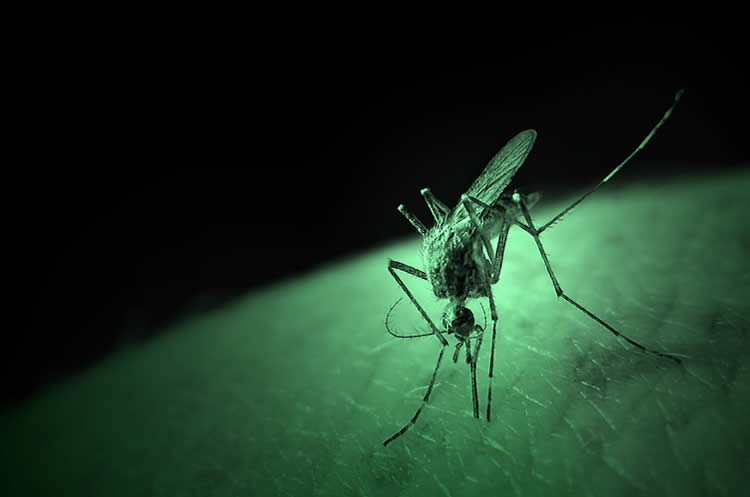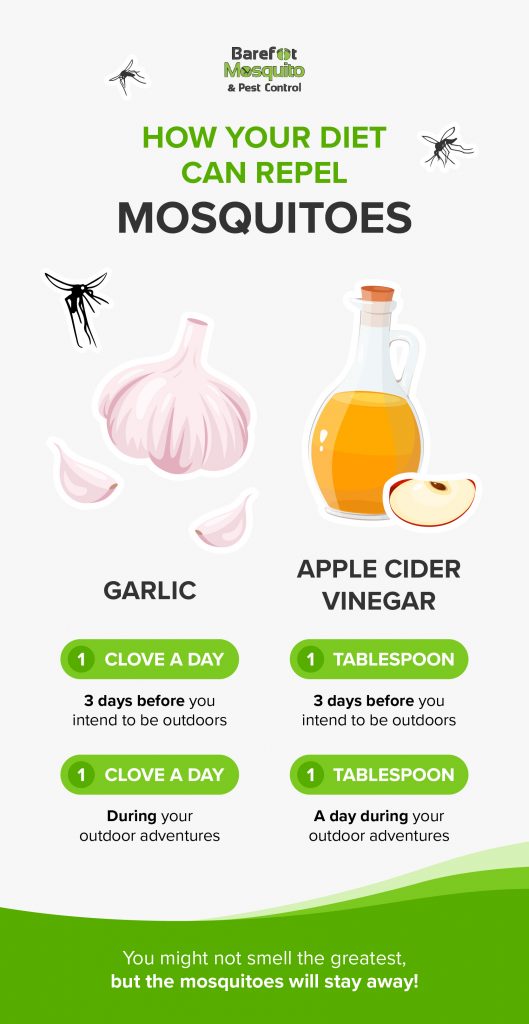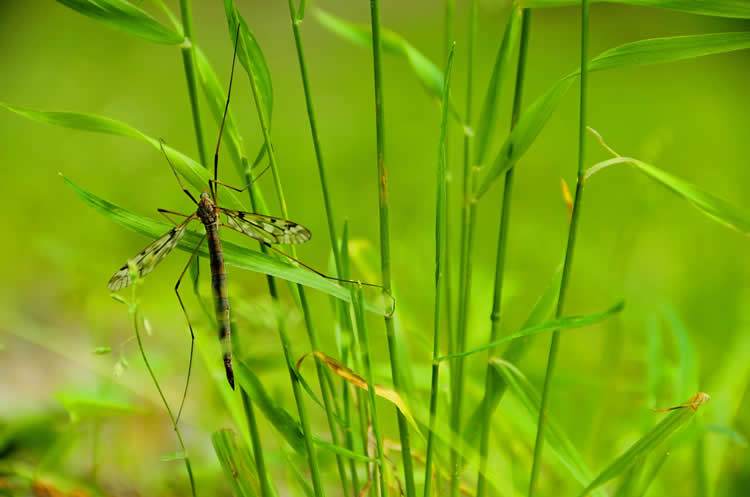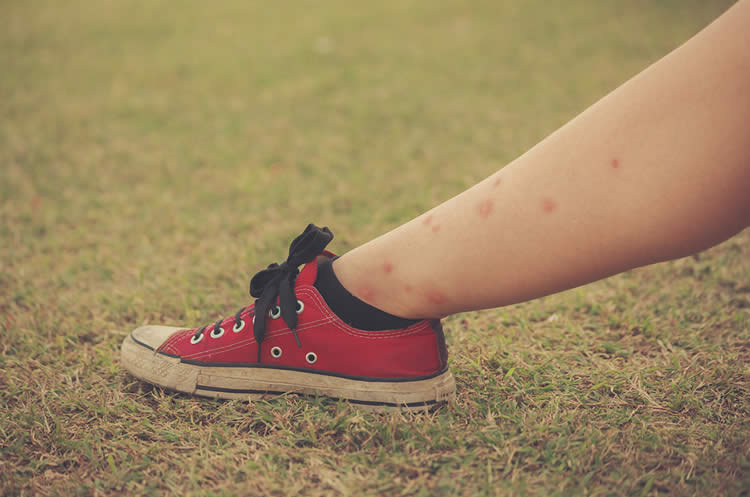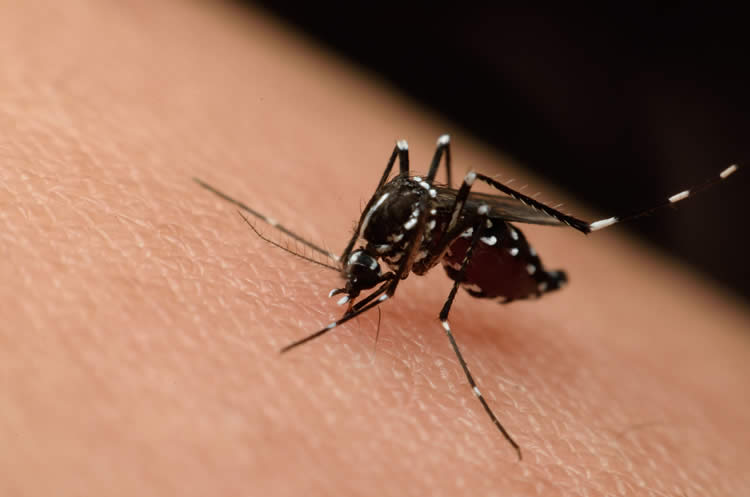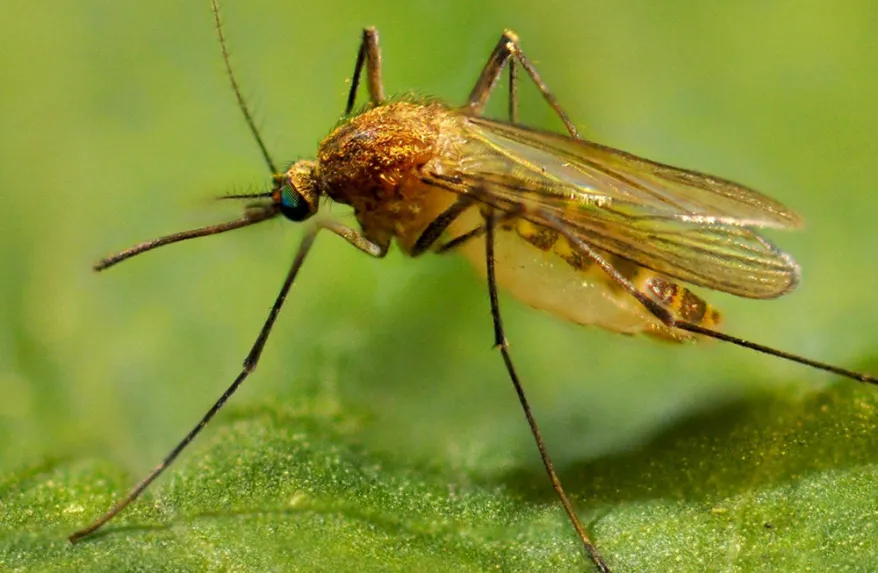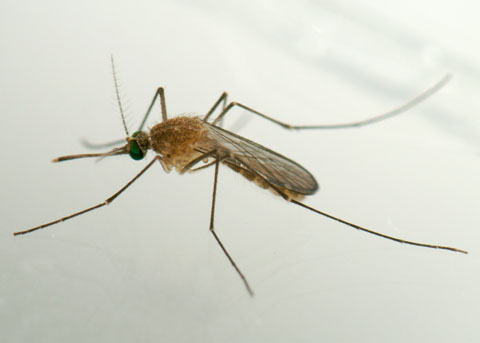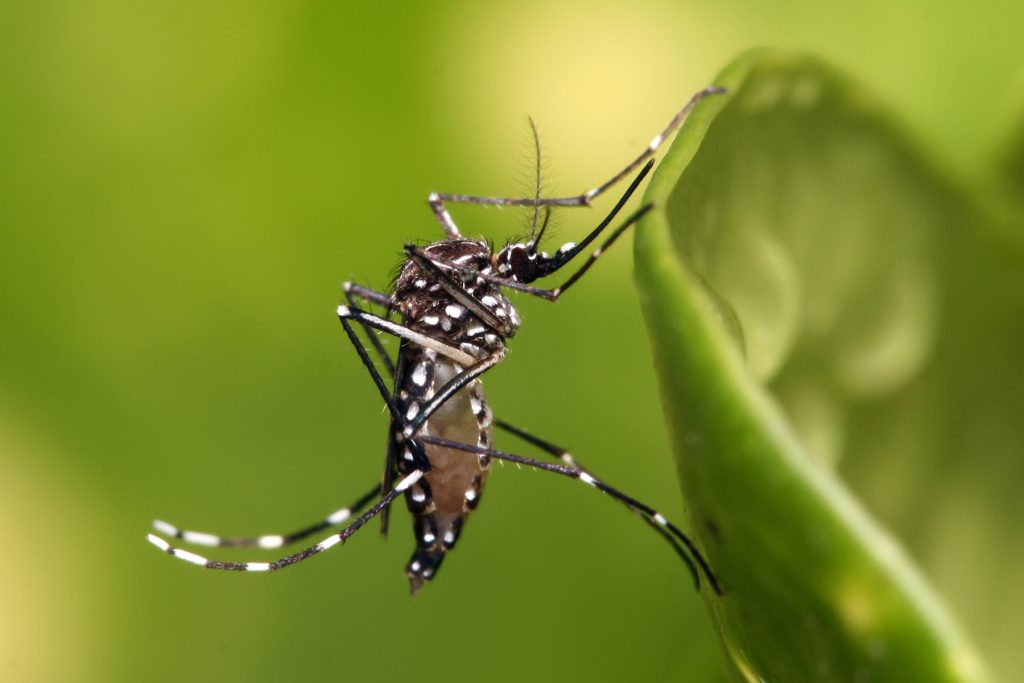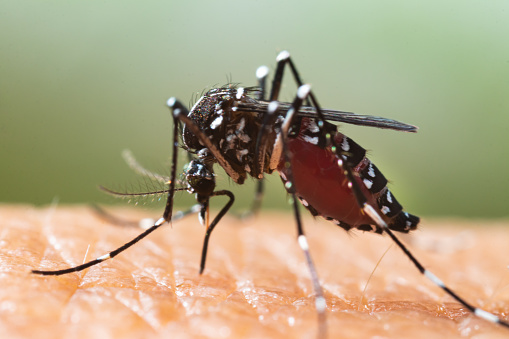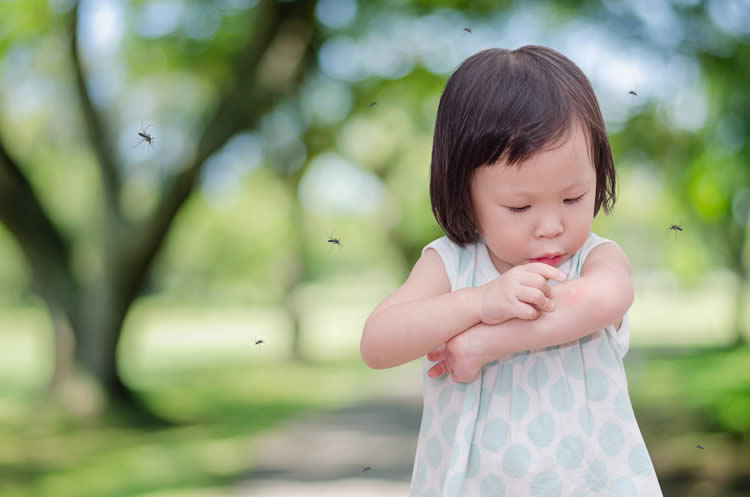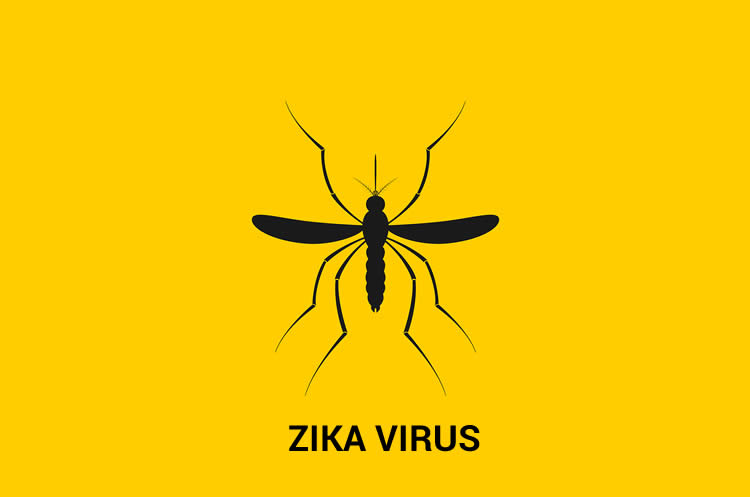Even though Miami Beach was the source of five new non-travel Zika cases in August after the first local transmission in the continental United States was found on July 29th, controllers were unable to find any actual mosquitoes with the Zika Virus — until now.
On September 1, three mosquitoes taken from a 1.5-square-mile area in Miami Beach tested positive for the virus. CDC Director Dr. Tom Friedan compared finding a Zika-carrying mosquito to finding a needle in a haystack, and while it helps to understand the impact and to more effectively target resources, finding Zika-carrying mosquitoes isn’t crucial in confirming local mosquito transmission.
One of the mosquitoes was found in the botanical gardens of Miami, while the other two locations have not been disclosed.
The Florida Department of Agriculture continues to focus on trapping and testing, with 95 more mosquitoes testing negative for the virus since the finding of the mosquitoes with a positive testing. 42,400 mosquitoes have been tested throughout the state since May.
The 1.5-square-mile area in Miami Beach, as well as the Wynwood neighborhood where the first case of Zika was found, have been classified as Zika Zones.
Officials have been spraying areas in the Wynwood neighborhood with success, and code enforcement officials are moving through neighborhoods to fine people who have standing water on their property. Spraying in the Miami Beach area is more difficult as the buildings are too high for a helicopter or plane to fly low enough to spray. Officials are considering other options.
49 non-travel cases of Zika have been confirmed in Florida since July, while 576 travel-related Zika cases have been found. Florida is the only state in the continental United States to have an active circulating Zika case.
In most people, Zika causes mild symptoms like rashes and joint pain. Authorities continue to encourage residents to drain standing water, to wear protective clothing, and to wear repellent. And as Zika can cause brain damage in an unborn fetus, authorities are also discouraging pregnant women from traveling to the 1.5-square-mile area of Miami Beach where the cases have been confirmed. The Centers for Disease Control and Prevention has been tracking more than 1,500 pregnant women infected with the Zika virus, and at least 16 have been born with birth defects.
While Zika has traveled rapidly throughout Latin America, authorities do not expect it to travel as explosively in the United States since homes are not as close together, most people have screens on windows that prevent mosquitoes from entering homes, and many people use air conditioning rather than keeping their windows open.
It’s always a good idea to take measures to prevent mosquitoes from entering your property and home, and it’s especially important during times of dangerous outbreaks. The first step is to eliminate standing water on your property and repair any holes in your screens or other entry points into your home. You should also consider hiring a professional mosquito control service such as Barefoot Mosquito to get rid of mosquitoes for you.
![]()
Say Goodbye to Mosquitoes!
Want to enjoy your backyard again? We can help. Come discover just how effective & affordable our mosquito control service is. Call us today at 512-400-2008 (Austin) or 713-554-9430 (Houston) or request a quote online!
Related Posts

